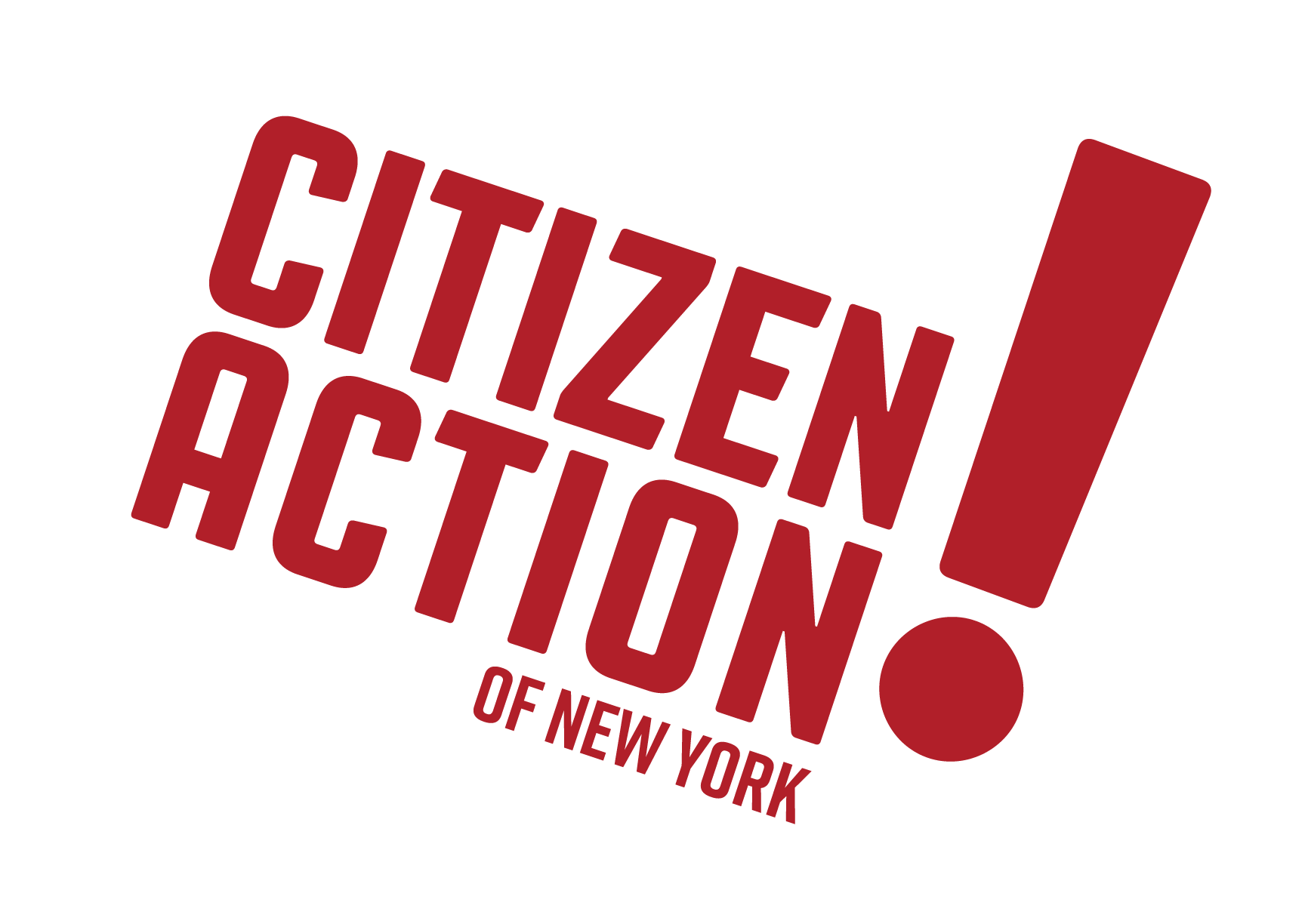 This report, by the Center on Budget and Policy Priorities, gives an interesting angle on the idea of “tax flight” and it’s use as a (poor) defense against having millionaires and billionaires pay their fair share of taxes, just like everyone else in the country.
This report, by the Center on Budget and Policy Priorities, gives an interesting angle on the idea of “tax flight” and it’s use as a (poor) defense against having millionaires and billionaires pay their fair share of taxes, just like everyone else in the country.
Tax flight is the theory that if taxes are raised, high-earning citizens will leave the area in which they are currently residing to avoid the higher rates, and move to areas that have lower tax rates. Conservatives often present this as a reason why raising taxes is a poor choice. And if this were the case, it would be a good reason not to raise taxes. It’s better to have some revenue than no revenue at all, right?
However, this is not the case. Today’s report proves that tax migration rarely, if ever occurs. A quick look at some figures:
On average, just 1.7 percent of U.S. residents moved from one state to another per year between 2001 and 2010, and only about 30 percent of those born in the United States change their state of residence over the course of their entire lifetime. And when people do relocate, a large body of scholarly evidence shows that they do so primarily for new jobs, cheaper housing, or a better climate. A person’s age, education, marital status, and a host of other factors also affect decisions about moving.
Read the rest of the report here.
If taxes are raised, high-earning citizens aren’t just going to up and leave. People have houses, jobs, families, and kids in schools that they can’t just leave behind.
The strongest piece of evidence presented in the report is the fact that tax increases have been proven to cause little or no interstate migration. A 2004 study on New Jersey’s 2004 tax increase on filers with incomes exceeding $500,000 found that while the migration of this income group accelerated after the tax increase went into effect, so did the migration rate of filers in the income bracket directly below it, which did not have it’s taxes raised. Furthermore, the authors estimate that, at most, 70 people earning more than $500,000 left New Jersey between 2004 and 2007 because of the tax increase, costing NJ approximately $16.4 million in taxes. However, as the revenue gain from the tax increase was approximately $3.77 billion, that $16 million loss is negligible.
Tax flight isn’t a good enough excuse for not asking millionaires, billionaires, and corporations to pay their fair share. What’s your next excuse, conservatives?
